Home

Ovulation

Symptoms After Ovulation If Pregnant 1-14 DPO (Days Past Ovulation)
In this Article
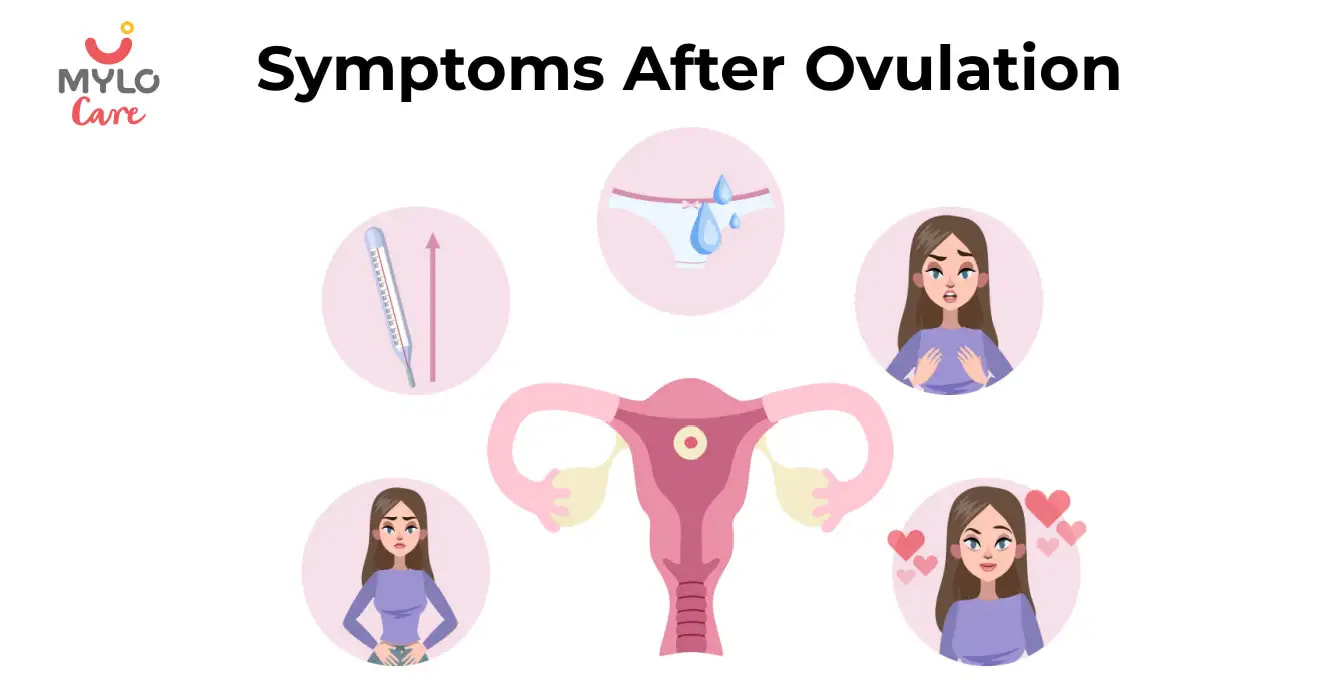
Ovulation
Symptoms After Ovulation If Pregnant 1-14 DPO (Days Past Ovulation)
Updated on 18 December 2023
The two-week wait (TWW) can be an anxious time for couples trying to conceive (TTC). During this period, it's natural to be on the lookout for any potential signs of pregnancy. In this article, we will explore the symptoms after ovulation if pregnant. We will break down the days past ovulation (DPO) and discuss the changes that happen in your body during this time.
It's important to note that every pregnancy is unique, so you may not experience all of these symptoms or experience them in the same sequence. Let's dive in!
What is DPO in Pregnancy?
DPO stands for "days past ovulation" or "days post ovulation." It is a term commonly used to track early pregnancy symptoms and plan for pregnancy testing. Understanding DPO can help you determine the best time to take a pregnancy test and monitor early symptoms of pregnancy.
How soon can you notice symptoms after ovulation if pregnant?
Symptoms after ovulation can vary from woman to woman. Some women may notice early signs of pregnancy as early as 6-12 days after ovulation, while others may not experience any symptoms until later. It's essential to listen to your body and be aware of any changes that may occur.
1. After ovulation symptoms
After ovulation, your body goes through various changes as it prepares for pregnancy. Let's explore the symptoms that may occur during different stages of the DPO timeline.
2. 1-6 DPO Symptoms
During the first week following ovulation, your body produces more progesterone, regardless of whether the egg is fertilized or not. This increase in progesterone can cause symptoms similar to those you may experience before your period. Common symptoms during 1-6 DPO include:
-
Breast tenderness
-
Abdominal, pelvic, or lower back cramps
-
Mood swings
-
Fatigue
-
Headaches
These symptoms are caused by hormonal changes in your body and may not necessarily indicate pregnancy. It's important to note that progesterone levels can vary from woman to woman, so you may experience these symptoms differently.
3. 7-11 DPO Symptoms
During this stage, the fertilized egg reaches the uterus and implants in the uterine lining. Implantation typically occurs 6-12 days after fertilization. During this time, the hormone progesterone plays a crucial role in preparing the uterus for implantation and supporting the developing embryo.
Some women may experience implantation bleeding during this period. This is slight bleeding or spotting that is lighter in color than your normal menstrual flow. It usually lasts for a few hours to a day or two. Other symptoms that may occur during 7-11 DPO include:
-
Light or faint cramping
-
Mood swings
-
Headaches
-
Nausea
-
Breast tenderness
-
Lower backaches
It's important to note that implantation bleeding is not a definitive sign of pregnancy, as it can also occur in cases of chemical pregnancy or other health issues.
4. 12-14 DPO Symptoms
Human Chorionic Gonadotropin (hCG) is the hormone that pregnancy tests use to detect pregnancy. Your body starts producing hCG at the moment of implantation, but it takes 2-3 days for the hormone to reach a detectable level. This usually happens around 12 DPO and results in some of the following 12 DPO symptoms.
Common symptoms that may occur during 12-14 DPO include:
-
Unusual fatigue
-
Changes in breasts, such as darkening of the nipples, soreness, or nipple sensitivity
-
Changes in taste and smell
-
Gastrointestinal changes, such as increased hunger, cramping, bloating, or constipation
-
Morning sickness
-
Frequent urination
-
Headaches and/or muscle aches
-
Raised basal body temperature
-
Changes in blood pressure and heart rate
It's important to note that these symptoms can vary from woman to woman, and some may not experience any specific symptoms but still have a healthy pregnancy.
You may also like: Pregnancy Symptoms After Ovulation Day by Day: Exploring the Daily Progression
When Should You Take a Pregnancy Test?
Pregnancy tests should be taken at least one day after the estimated start date of your next period. If you have a 28-day cycle, a pregnancy test can be taken after you have reached 14 DPO. It's important to note that early pregnancy tests may claim to detect pregnancy as early as five days before the start of your next period. However, their accuracy can vary, and it's best to wait until the first day of your missed period for more accurate results.
You may also like: Signs Ovulation is Over: Your Guide to Understanding the End of Ovulation
FAQs
1. What is DPO full form in pregnancy?
Many TTC couples wonder what is DPO in pregnancy. DPO stands for "days past ovulation" or "days post ovulation" in pregnancy. It is a term commonly used to track early pregnancy symptoms and plan for pregnancy testing.
2. What happens to your body after ovulation if you have conceived?
After ovulation, if conception occurs, the fertilized egg travels to the uterus and implants in the uterine lining. Hormonal changes, such as an increase in progesterone, prepare the uterus for implantation and support the developing embryo.
3. What are some common 10 DPO symptoms?
Some common symptoms that may occur around 10 DPO include breast tenderness, mild cramping, fatigue, and mood swings. These symptoms can vary from woman to woman and may not necessarily indicate pregnancy.
4. What are the most common after ovulation symptoms if I am pregnant?
The most common symptoms after ovulation if you are pregnant include breast tenderness, cramping, mood swings, fatigue, headaches, changes in taste and smell, gastrointestinal changes, morning sickness, frequent urination, and changes in basal body temperature, blood pressure, and heart rate.
The Bottomline
It's important to remember that every pregnancy is unique, and not all women will experience the symptoms after ovulation if pregnant and in the same sequence. If you are trying to conceive and experience any of these symptoms after ovulation, it's best to wait until the appropriate time to take a pregnancy test for more accurate results. If you have any concerns or severe symptoms, it's advisable to consult with your healthcare provider for guidance and support.
References
1. Gadsby R, Ivanova D, Trevelyan E, Hutton JL, Johnson S. (2021). The onset of nausea and vomiting of pregnancy: a prospective cohort study. BMC Pregnancy Childbirth.
2. Anderson J, Ghaffarian KR. Early Pregnancy Diagnosis. (2023). In: StatPearls [Internet]. Treasure Island (FL): StatPearls Publishing
3. Foxcroft KF, Callaway LK, Byrne NM, Webster J. (2013). Development and validation of a pregnancy symptoms inventory. BMC Pregnancy Childbirth. A

Mylo Ovaluna Female Fertility Tablets - 60 Capsules
Improves Egg Health & Folate Levels |Improves Reproductive Health & Hormonal Balance
₹ 1799

4.3
(190)


3824 Users bought



Written by
Anupama Chadha
Anupama Chadha, born and raised in Delhi is a content writer who has written extensively for industries such as HR, Healthcare, Finance, Retail and Tech.
Read MoreGet baby's diet chart, and growth tips

Related Articles
The Ultimate Guide to the Best Romantic Web Series on OTT for Couples
Best Indian Crime Web Series Based on True Stories: The Ultimate Binge-Watch Guide (2026)
Dark & Suspenseful OTT Shows You Can’t Stop Watching: The 2026 Binge List
Hotstar Crime and Thriller Series List 2026: The Ultimate Guide to Gripping Suspense, Espionage, and Crime Dramas on Disney+ Hotstar (JioHotstar)
Related Questions
Hello frnds..still no pain...doctor said head fix nhi hua hai..bt vagina me pain hai aur back pain bhi... anyone having same issues??

Kon kon c chije aisi hai jo pregnancy mei gas acidity jalan karti hain... Koi btayega plz bcz mujhe aksar khane ke baad hi samagh aata hai ki is chij se gas acidity jalan ho gyi hai. Please share your knowledge

I am 13 week pregnancy. Anyone having Storione-xt tablet. It better to have morning or night ???

Hlo to be moms....i hv a query...in my 9.5 wk i feel body joint pain like in ankle, knee, wrist, shoulder, toes....pain intensity is high...i cnt sleep....what should i do pls help....cn i cosult my doc.

Influenza and boostrix injection kisiko laga hai kya 8 month pregnancy me and q lagta hai ye plz reply me

RECENTLY PUBLISHED ARTICLES
our most recent articles

Ovulation
A Guide to Recognizing Symptoms of Ovulation After HCG Injection
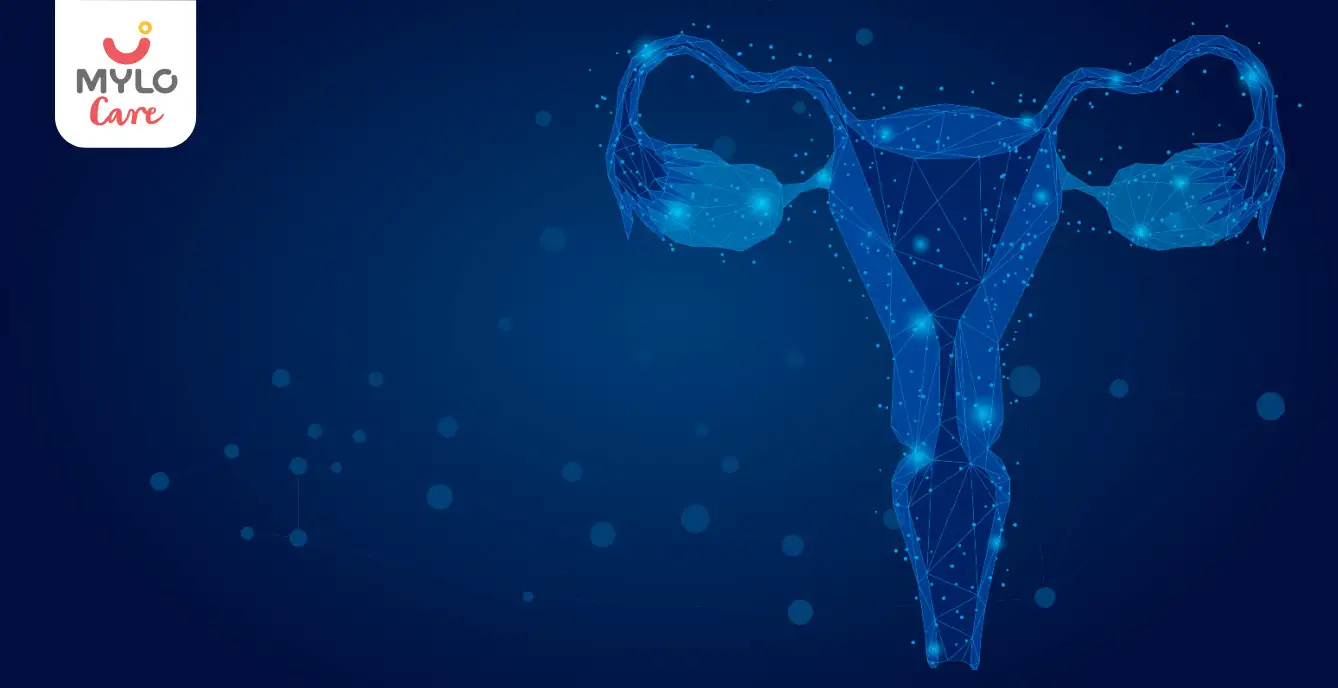
Ovaries
Bulky Ovaries Explained: What Every Woman Should Be Aware Of
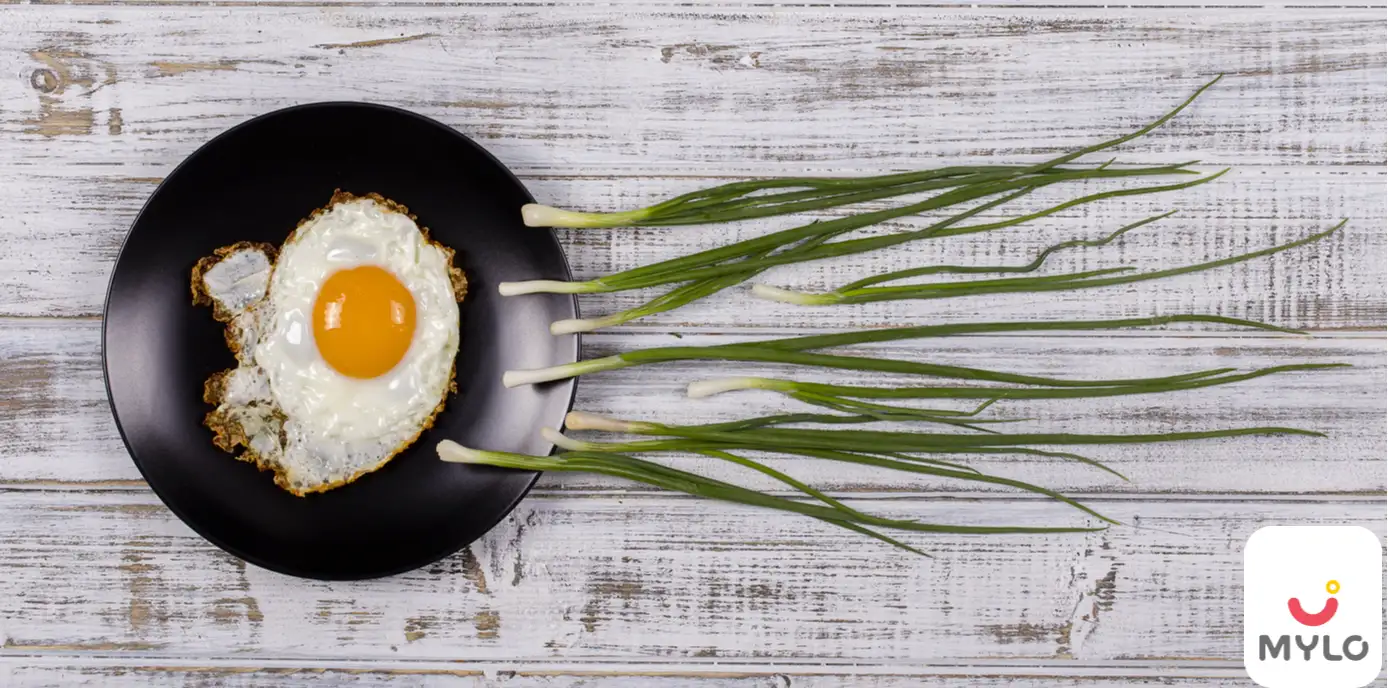
Getting Pregnant
Ovulation: The Key to Maximizing Your Chances of Conception and Pregnancy

Fun & Humour
The Ultimate Compilation of Fancy Dress Ideas for Young Kids
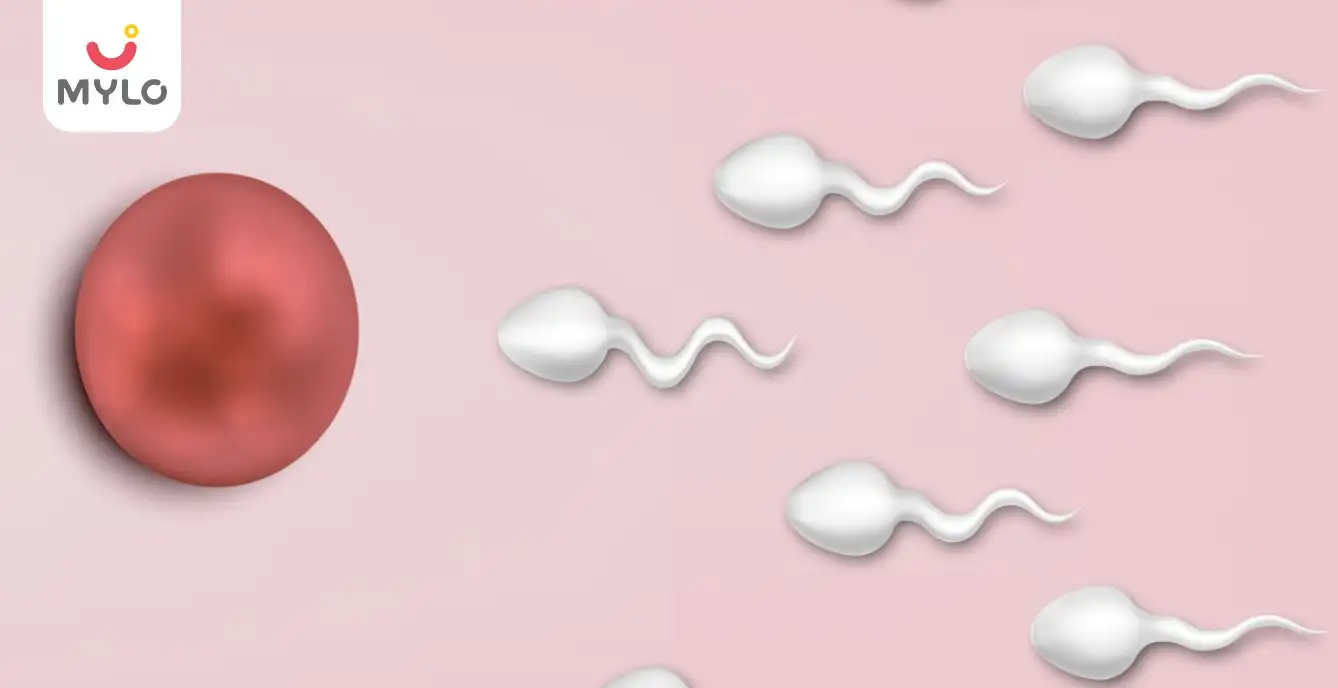
Conception
How Long Does Sperm Take to Reach the Egg?
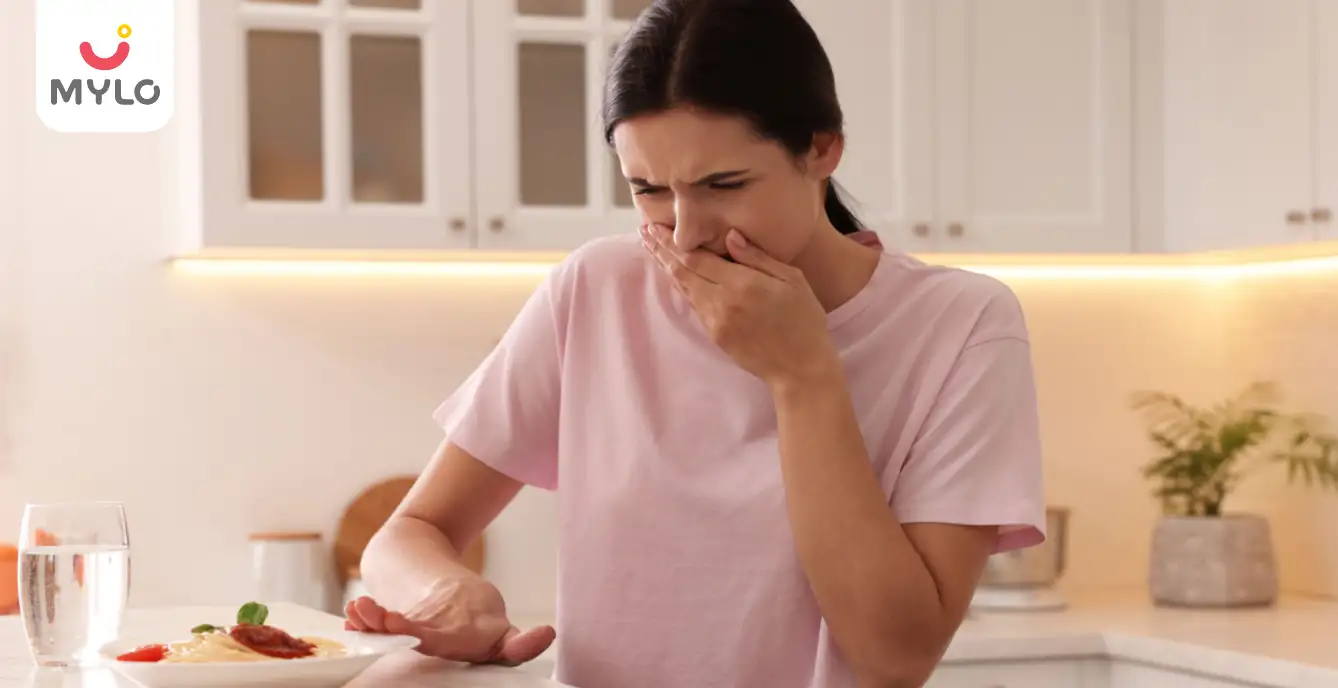
Ovulation
Pregnancy Symptoms After Ovulation Day by Day: Exploring the Daily Progression
- Signs Ovulation is Over: Your Guide to Understanding the End of Ovulation
- Top 15 Akbar and Birbal Stories for Young Kids
- How Soon After an Abortion Can You Get Pregnant?
- PCOS and Sex: Exploring Impact on Health and Debunking Common Myths
- Papaya for PCOS: Exploring the Link and How It Can Positively Impact Your Health
- How to Boost Fertility in Your 30s: The Ultimate Guide
- Anovulation Meaning Explained: What You Need to Know About Its Causes & Treatment
- Basal Body Temperature: How It Can Help You Track Ovulation?
- Ovulation Pain: Is It Normal or a Cause for Concern?
- Special Home Remedies For Gas During Pregnancy
- PCOD Problem After Marriage: Debunking Common Misconceptions and Finding Solutions
- White Discharge After Ovulation: A Normal Occurrence or Cause for Concern?
- Normal Ovary Size: How It Varies and What It Means for You
- 2024 Calendar with Holidays and Festivals of India


AWARDS AND RECOGNITION

Mylo wins Forbes D2C Disruptor award

Mylo wins The Economic Times Promising Brands 2022
AS SEEN IN

- Mylo Care: Effective and science-backed personal care and wellness solutions for a joyful you.
- Mylo Baby: Science-backed, gentle and effective personal care & hygiene range for your little one.
- Mylo Community: Trusted and empathetic community of 10mn+ parents and experts.
Product Categories
baby carrier | baby soap | baby wipes | stretch marks cream | baby cream | baby shampoo | baby massage oil | baby hair oil | stretch marks oil | baby body wash | baby powder | baby lotion | diaper rash cream | newborn diapers | teether | baby kajal | baby diapers | cloth diapers |




